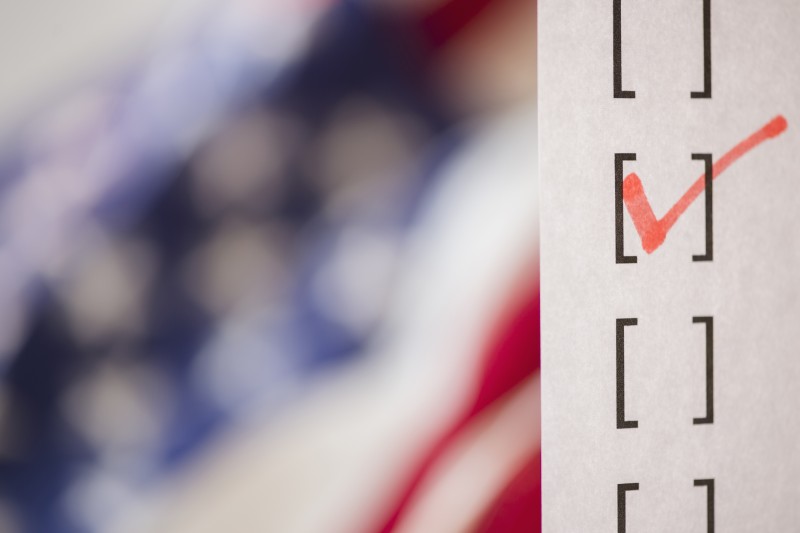
Political Polling - Dead or Alive?
Is political polling dead? In the campaign world, this is one question comes back to haunt us every election cycle After polls (and the media outlets reporting on them) suggested an inevitable landslide for Hillary Clinton in 2016, Donald Trump’s victory shook the American public to its core and undermined our collective confidence in political polling.
In the wake of the 2020 presidential election, reactions to polling inaccuracies were no different. In one notable instance, several major pollsters predicted that Joe Biden would win the state of Wisconsin by 10 points, with an October ABC/Washington Post poll predicting that Biden could even carry the state by a staggering 17 points. At the final tally, Biden won Wisconsin by less than one point.
Similarly, at the U.S. Senate level in 2020, polls suggested Senator Susan Collins would lose her re-election bid by five points, on average. In the end, Collins secured re-election to a fifth term with a comfortable eight-point margin.
The mismatch between surveys and election outcomes once again caused some pundits, journalists, practitioners, and spectators to write early epitaphs for political polling in November of 2020:
“It was a terrible night for polling. They were wrong, almost all of them, almost everywhere. Save yourself time and stop watching them so closely in elections.” —Axios, November 2020
“Insulting as it is for pollsters to be asked 'why should you exist?,' Americans who feel like they’ve been duped would like an answer." —Rolling Stone, November 2020
“The political polling profession is done… It is devastating for my industry." —Republican pollster Frank Luntz to Axios, November 2020
These trends beg the question: Is political polling really on its way out?
Take Political Polling with a Grain of Salt
Our team has written about ways to be a smart consumer of polling data on our blog. In recent years, we’ve also interviewed prominent voices in the Democratic polling world to speak on the inherent shortcomings of political polling. What’s more, we regularly partner with pollsters to help our clients design and execute surveys when it makes sense for their goals.
Our biggest takeaway from the past couple of cycles of political polling is that we need to change our approach for interpreting polling data and forming narratives based on the numbers. Here are a couple of tips for thinking about political polling moving forward:
- Think of a poll as a snapshot of how a specific audience feels at a particular point in time, rather than as an inflexible prediction of a concrete outcome. External events that can’t be controlled or anticipated, from campaign gaffes to natural disasters to global pandemics, can always impact the numbers. A single poll shouldn’t be a sweeping life or death sentence for a campaign—it’s just one data point to consider.
- Use data to inform your campaign strategy, but don’t rely solely on political polling data to make decisions. Again, a good poll is a snapshot of how a representative sample feels about your campaign or issue at a given moment in time, but that doesn’t mean there’s no room for nuance. Let polling numbers be one piece of the puzzle in defining your voter contact and messaging strategies.
- Analyze polling data in the context of historical outcomes. Yes, it’s possible for a red congressional district to flip blue. And yes, it’s possible for Democrats to eke out statewide wins in a state like Georgia. That said, if a poll suggests a landslide for Democrats in a geography that’s long been dominated by Republicans, approach that data with a healthy dose of skepticism. Look at the full picture when making decisions about campaign strategy and investments.
- Don’t neglect your direct voter contact strategy. No matter what the polls say, make sure your campaign continues to prioritize talking to voters. As we learned from Wisconsin in 2016, voters won’t reward the candidates who aren’t present in their communities. Keep at it.
- Listen to pollsters themselves on the limitations of polling and take that into account as you set your goals for your own polling.
Our team is always happy to talk through the pros and cons of political polling and ways to make the most of the data you glean (without making too much of it). If you have additional questions, don’t hesitate to contact us directly.